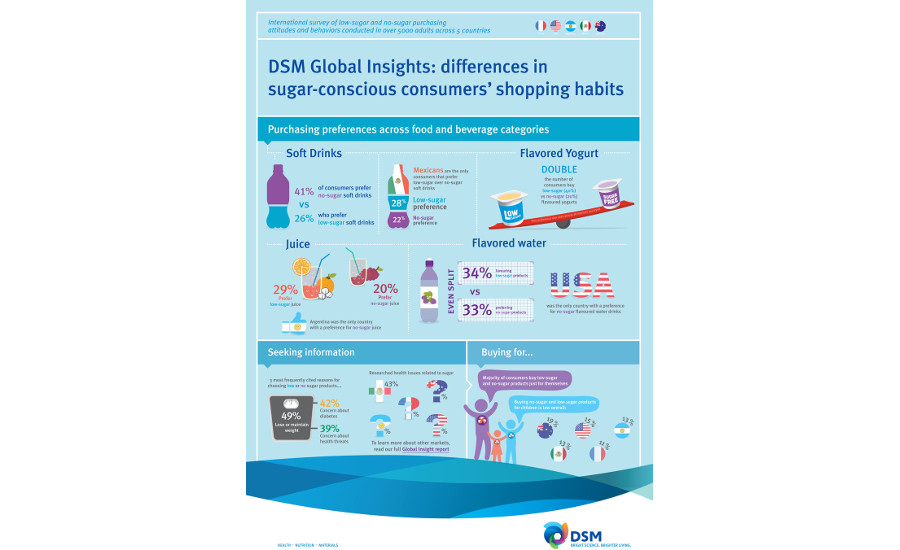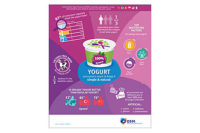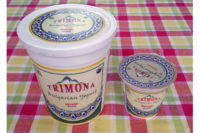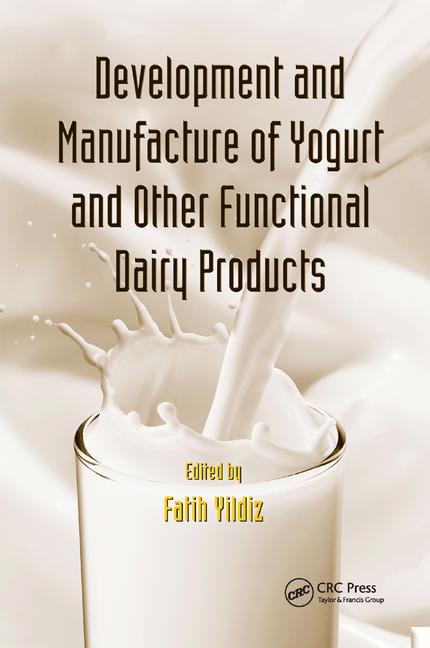DSM, The Netherlands, published the first of a new series of its Global Insights that takes a look at consumer attitudes toward low-sugar and no-sugar foods and drinks. Based on an international survey conducted in the United States, Mexico, Argentina, France and Australia, the findings show that almost two-thirds of consumers are concerned about excess sugar. But the way respondents say they opt to reduce their intake of sweetened products varies widely, having possible implications for future product development, according to DSM.
The survey data shows that for yogurt 40% will opt for a low-sugar variety, but just 20% for a completely sugar-free version of the dairy product. More than twice as many (41% versus 20%) have opted for sugar-free carbonated soft drinks versus a sugar-free juice.
Health and weight are top of mind for consumers seeking low-sugar and no-sugar options, but taste is not. Just 20% of respondents said they preferred the taste of low/no-sugar products.
There are strong national differences when it comes to seeking information. Forty-three percent of Mexicans — more than in any other market surveyed — said that they have done research into health issues related to sugar. And in spite of increasing concern about rising childhood obesity rates, only a small amount of the low- and no-sugar treats bought by survey participants were destined for children. Australia is most likely to buy these products with 19%, followed by the United States (15%), while this figure is 11% in France.
Understanding what drives this aspect of different decision making per category may help manufacturers launching no-sugar or low-sugar products, according to DSM. To view the full report, visit www.dsm.com or download here.
SOURCE: DSM





